
Even with the best seismic data and reservoir modeling available, drillers have remained in the dark about what’s in front of the drill bit. A new sensing tool has been designed to “see” ahead of the bit and can transmit data in real time to shift drilling operations from reactive to proactive…
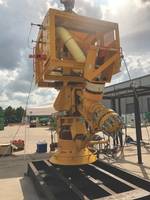
Imagine a kind of app store for subsea xmas trees; a plug-in platform into which a myriad of functionality can be added and changed to suit. It’s a concept being pitched by UK subsea technology firm Enpro, except it’s calling it a “process USB” port…
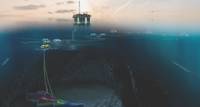
Norway’s government will earn around NOK 265 billion ($30 billion) taxing and taking up stakes in its oil and gas fields in 2019, and Norwegian production is on the rise. In contrast, Britain in 2019 will earn about GBP 1.1 billion ($1.34 billion)…
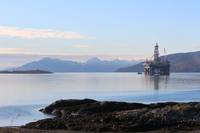
Once upon a time, many a year ago, the North Sea was seen as a new deepwater exploration frontier. Some may be surprised that it still is.Back in the 1960s, compared with the shallow waters of the Gulf of Mexico where drillers first got their feet wet…
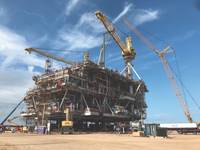
Following a “Gulf of Mexico way” of project execution strategy, standardizing equipment, opting for subsea solutions where possible and focusing on efficient drilling methods is saving $1.3 billion on the Equinor-operated Peregrino Phase 2 heavy oil project offshore Brazil…
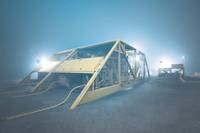
As technological advancements continue, subsea processing equipment such as gas compression – now moving beyond Norwegian waters for the first time – may prove to be an increasingly important piece of the offshore production puzzle.“The overall subsea landscape is changing radically…
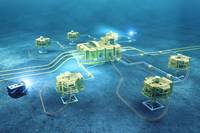
When used under the right circumstances, subsea processing technologies have clear and obvious benefits as an enabler for increased oil recovery and even as a more environmentally friendly alternative to conventional processing equipment.In many instances…

One of the missing links for some fully subsea production systems has been subsea storage, either for production fluids, later periodic offtake or production chemicals.NOV has been working on a gravity-based subsea storage unit (SSU), based on a design initially developed by Kongsberg…

An integrated contract model combining the supply of subsea production systems (SPS) with the design and installation of subsea umbilical, risers and flowlines (SURF) has emerged as a top project-getter for services company TechnipFMC.The London-headquartered company…

Offshore oil and gas is among the many industries in the midst of a vast technological shift being driven by rapid advances in new digital technologies and methodologies. Big data, artificial intelligence (AI), digitalization . . . The list goes on and on…

The offshore industry is going through an unprecedented digital disruption that transcends asset classes and is creating a roadmap to safer and more cost-effective operations.The current face of that transition is the ‘digital twin’, a virtual replica of physical assets…
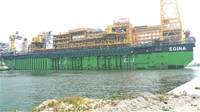
Access to and use of additive manufacturing (AM), also known as 3D printing, has increased in recent years due to the expiring of patents on techniques and technologies, says Hugues Greder, Lead Petroleum Engineer at Total.Computing power is…
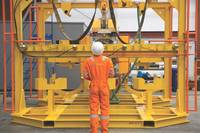
In the oil and gas industry, cold, hard data greatly informs an upstream operator when it looks to predict the future direction of the market and chart the course of its business strategy.A substantial rise in the price of oil might mean previously shelved…
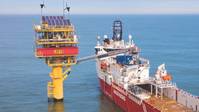
The inherent risk associated with working in an offshore environment for oil, gas and wind energy production means transfer methods must fully consider and overcome challenges such as wind speed, sea state, visibility, temperature and vessel…



